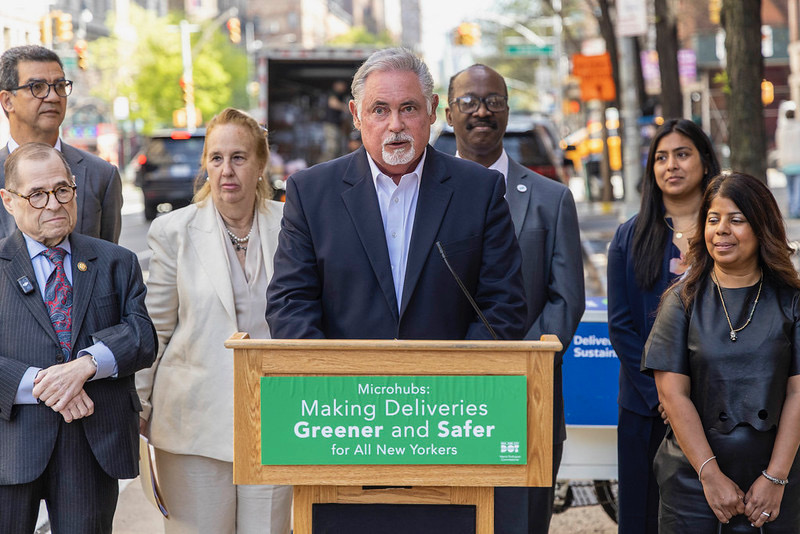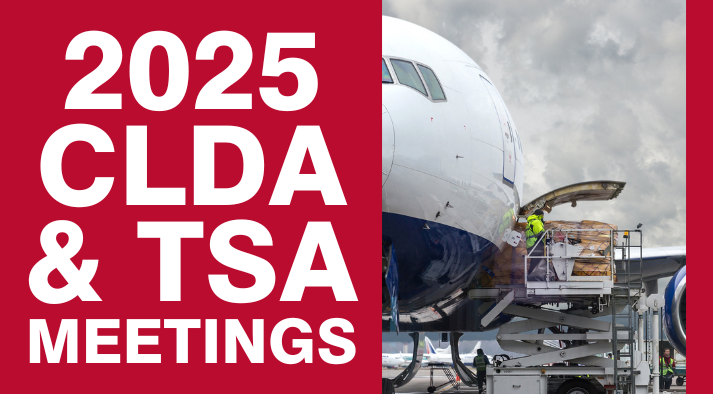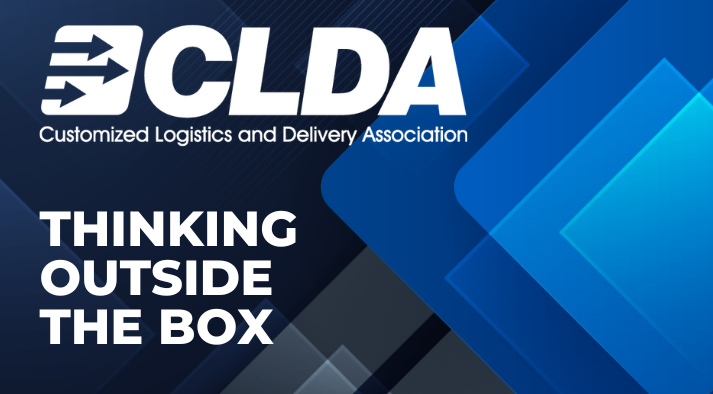WITH THE EXIT OF MAJOR CARRIERS, THE COURIER INDUSTRY HAS AN OPPORTUNITY DELIVERING FOR THE GROWING VAPING AND E-CIGARETTE SECTORS
WASHINTON, D.C., April 13, 2021– Recent regulatory changes to the Prevent All Cigarette Trafficking (PACT) Act have created an opportunity for those in the courier industry. The changes make the delivery of vaping and e-cigarettes more challenging, but one industry expert says they also open the door for those in the courier industry.
“These carriers have the flexibility and trust to handle these products,” says Jim Bramlett, Chief Executive Officer at 5 String Solutions in Leawood, Kansas. “These are carriers for the pharmaceuticals industry, so they understand what it takes to operate in this kind of controlled environment.” 5 Strings Solutions offers a network platform that provides real-time data exchange between shippers and their partners. They are active members of the Customized Logistics & Delivery Association (CLDA).
The increased requirements have meant that all of the major carriers are refusing to deliver for the vaping products industry. Not only have UPS and FedEx announced that they will no longer handle these products, but DHL, Lasership and OnTrac are also refusing to work with this industry.
This has caused many online vapor retailers to look for shipping partners among private logistics companies. The new PACT Act law changes went into effect in late March and apply to any carrier that transports vaping and e-cigarette products. The law requires that any carrier that transports these products and delivers them to a consumer’s home must verify the age and identity of the customer at purchase, check IDs, obtain adult customer signature at delivery, and maintain records of delivery sales for four years after the date of sale, among other things.
“Because of these complexities, I believe that this is a space that couriers could jump into,” says Bramlett. “The large delivery companies have been passing on this because it takes too much time to ring the bell, verify that the person signing for this is of age, capture their signature and keep it on file for four years. The big carriers prefer drop and run.”
Bramlett acknowledges that the business may not be right for every courier. “I’ve spoken to some who say, ‘“I’m in the health and life-saving industry delivering pharmaceuticals. I just can’t get there. This doesn’t match with my company’s ethics.’ Others may be put off by requirements the PACT Act puts on them to make sure the products don’t end up in the hands of younger consumers. These are all part of each company’s induvial decision-making processes and obviously have to be considered before taking on this business.”
For those couriers that are not interested in dealing with the restrictions around home delivery, there is another part of this vertical that may be right for them: working with manufacturers to get their products to retailers. “As a rule, these small retailers are only looking at stocking 16 to 18 orders a day,” he says. “Couriers will need to find ways to aggregate those and move them out effectively. Shippers want to use someone who can take it from a central point and take it to, say Los Angeles, and then have someone else (a courier) take it to retailers. This part of the last-mile supply chain is a very comfortable place for couriers. They are used to managing these kinds of challenges. Customized deliveries are what they do.”
“The members of this industry are known for their ability to adapt to the unique demands of shippers. For those who are interested in pursuing it, this could be an opportunity,” says CLDA President Steve Howard.
Bramlett believes the courier industry has an opportunity with these deliveries if they can create systems to manage the extra requirements imposed by the PACT Act. “This is a wake-up call to the courier industry,” he says. “This business is yours for the taking and there’s more behind it. Regional couriers are experienced in the challenges of working with controlled substances, nimble enough to adapt to their requirements and fueled by the creativity that has always characterized this industry.”
About the Customized Logistics and Delivery Association
The Customized Logistics and Delivery Association (CLDA) is a non-profit professional association that connects and leads members of the time-critical logistics and delivery industries. The association serves the needs of its 2,900 essential service members who are logistics professionals, carriers, shippers, drivers, air cargo logistics providers, 3PLs and vendors servicing today’s supply chain companies. The CLDA gives its members access to a diverse network of logistics professionals looking to create new business opportunities and share decades of practical insights. They provide an avenue for amplifying members’ voices on key issues and helps them participate in the regulatory discussions shaping the industry. The CLDA keeps members informed and educated on trends, current issues and best practices.
Media Contact
Andrea Obston aobston@aomc.com
(860) 243-1447 – office
(860) 803-1155 – cell




